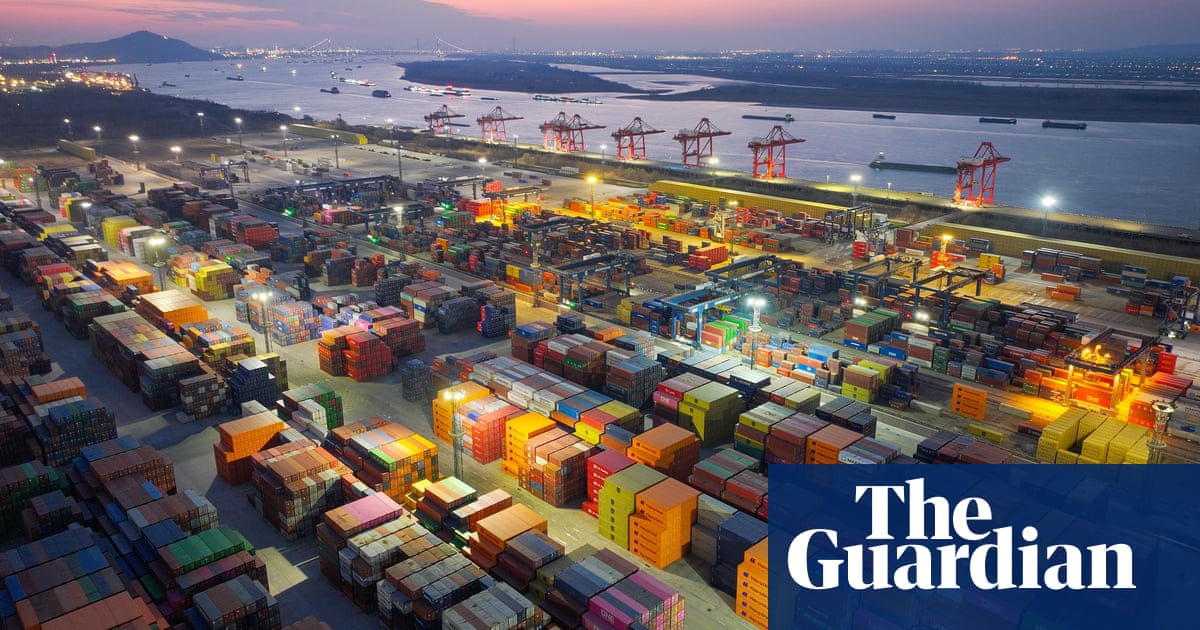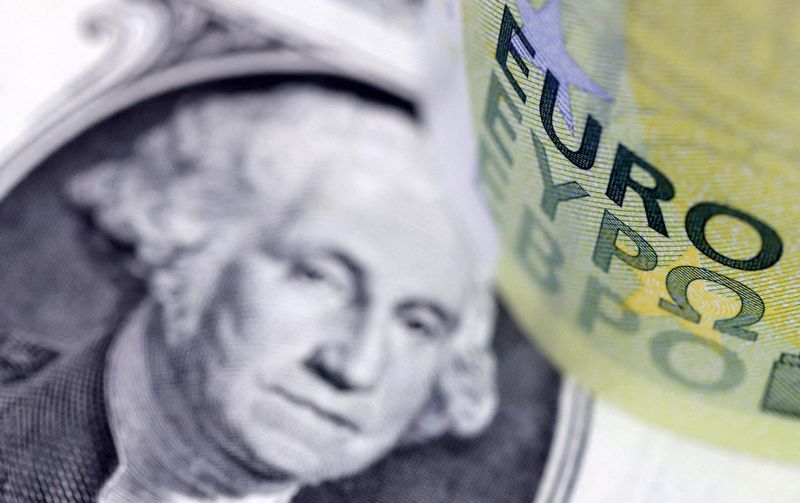Canada won’t make concessions on supply management: minister

Despite U.S. President Donald Trump’s ongoing tariff threats and concerns over access to Canada’s dairy market, International Trade Minister Mary Ng says the federal government will not be making concessions on supply management.
When asked directly during an interview with CTV’s Power Play on Wednesday if Canada will not concede on the issue, Ng answered simply, saying “correct.”
On Monday, Canada got reprieve for at least 30 days from Trump’s threat to impose a 25 per cent tariff on all Canadian imports – except oil, which would be subject to a 10 per cent tariff – after making new commitments to secure the shared border.
In addition to implementing the $1.3 billion border plan – which includes deploying additional personnel, drones, surveillance equipment and helicopters – Canada will appoint a “fentanyl czar” and list cartels as terrorists.
Trump has often leveraged his concerns about illegal migrants and drug trafficking at the Canada-U.S. border as a reason to impose tariffs. Canada’s trade deficit with the U.S. or its defence spending have been other irritants he’s shifted back and forth on.
Meanwhile, a report from the Wall Street Journal in late January says those familiar with Trump’s thinking think he’s using the threat of tariffs to push for an early renegotiation of the Canada-United States-Mexico Agreement (CUSMA), which is due for review next year.
For years, Americans have voiced discontent over access to the Canadian market, despite Canada agreeing to allow U.S. dairy farmers access to about 3.5 per cent of the domestic market as part of CUSMA, which was signed in 2018.
Earlier this week, prior to the tariff reprieve, Trump told reporters that Canada is “very tough to do business with.”
“We don’t need them for agricultural products because we have all the agriculture we need,” Trump said. “They don’t take our agricultural product, for the most part, our milk and dairy. A little bit they do, but not much. We take theirs.”
During his confirmation hearing last week before the U.S. Senate, Trump’s commerce secretary nominee Howard Lutnick also hinted at a looming fight over dairy.
“Our farmers, our ranchers and our fishermen are the best in the world, and they are treated poorly,” Lutnick said at the hearing. “Canada, as we spoke about, treats our dairy farmers horribly. That’s got to end.”
‘We are living up to our obligations’
Back in 2023 during former U.S. president Joe Biden’s administration, a panel of experts convened under CUSMA ruled in Canada’s favour after American dairy farmers argued the way the Canadian government allocates its tariff-free dairy import permits denies them full access of its 3.5 per cent share of Canada’s market.
Speaking to CTV Power Play host Vassy Kapelos on supply management concerns, Ng pointed to that ruling.
“With respect to supply management, I would also say that the Americans absolutely have taken advantage of the dispute settlement system that is a part of our trade agreement,” Ng said. “And I would like to remind your viewers that the dispute settlement panel in that particular instance actually ruled in Canada’s favour, which is that we are living up to our obligations in the trade agreement, particularly around dairy.”
Canada’s supply management system coordinates production and maintains import controls for dairy, poultry and eggs to set stable prices for both farmers and consumers.
When asked if Canada would have to make any trade compromises to avoid tariffs next month, Ng says she doesn’t think so, adding that Canada doesn’t “know what (those concessions are) at the moment.”
Will Canada scrap the controversial digital services tax?
Canada’s digital services tax (DST), which imposes a three per cent levy on revenues from tech giants earning money off Canadian content and users, has become deeply unpopular and widely criticized by American lawmakers. They argue that the policy disproportionately impacts U.S. companies.
The tax came into effect last June but is retroactive to 2022, and covers companies like Amazon, Google and Facebook. The Parliamentary Budget Officer (PBO) has estimated the tax will bring in $7.2 billion over five years.
Asked by Kapelos whether the federal government would be willing to get rid of the tax to appease the Trump administration, Ng would not answer directly.
“I think we should talk to them about whether or not there is something that we could be doing on that front, DST being an example,” Ng said.
Asked to clarify whether the federal government is open to negotiating the DST, Ng called it “a commitment we made to Canadians,” but emphasized the importance of understanding issues that are “important for Americans.”
On his first day in office on Jan. 20, Trump announced his “America First Trade Policy” in an executive order, calling for a study into trade practices – including extraterritorial taxes – due April 1.
When asked again about the future of the DST, Ng said, “It’s just too early to say.”
“There are many things that the president is looking at his departments to give him advice on before April the first, (the DST) being one of them and we’re going to do that work on this side as well,” Ng said.
In an interview with CTV’s Question Period in December, former finance minister Bill Morneau said Canada should look at scrapping the DST as a way to make headway with the Trump administration.
“I would move away from that and think about the other places that we have a mutual interest in moving forward,” Morneau said.
With files from CTV News’ Spencer Van Dyk
link







